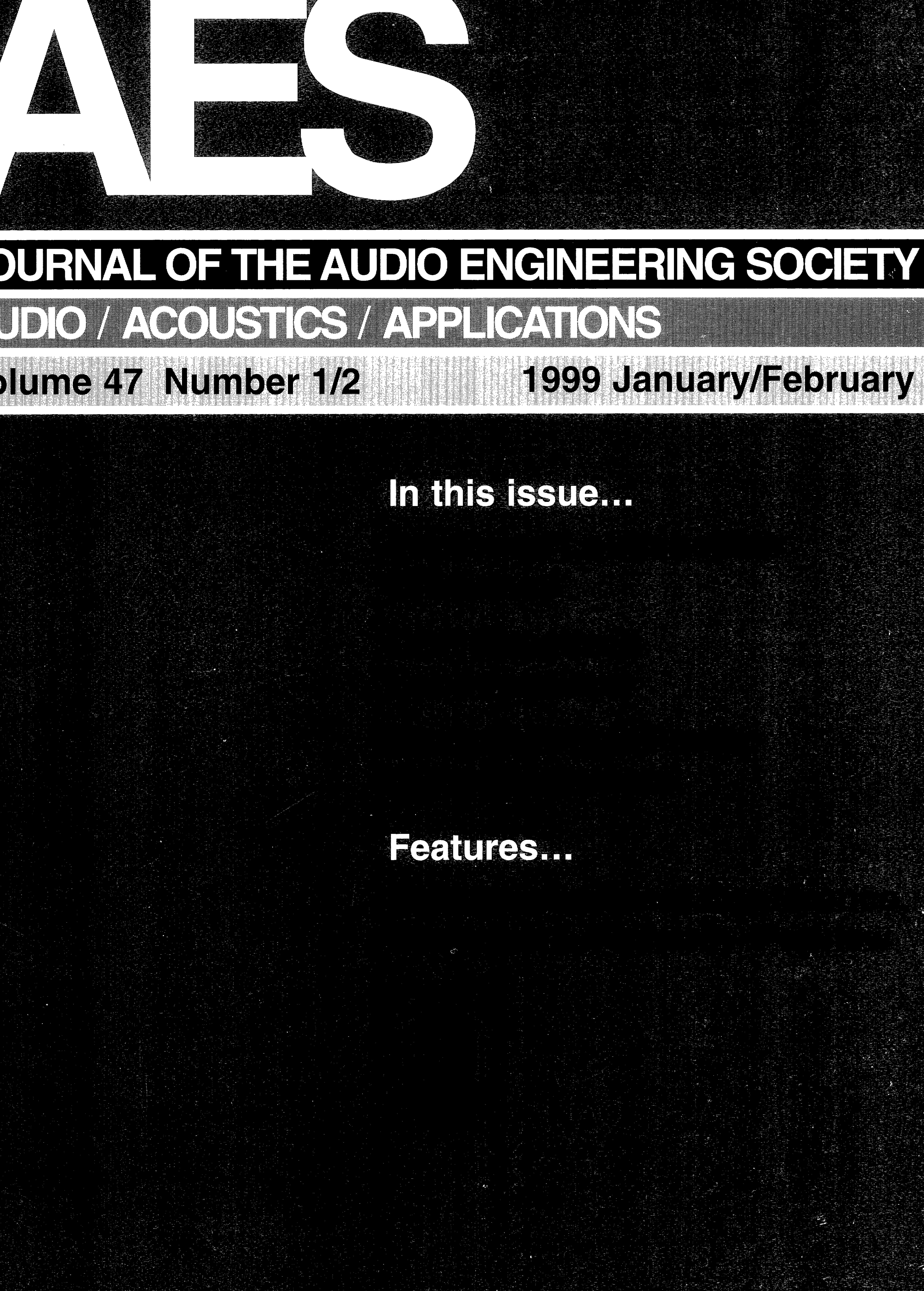Advanced Physics Steve Adams Jonathan Allday Pdf To Word
A great range of professionals is involved in physics education. At the heart of it all are teachers in colleges and schools, seeking to inspire the learner and to develop their own pedagogic skill. Funding bodies, senior management teams and government agencies shape the courses they teach. Writers and publishers of textbooks, CD-ROMs and web pages are constantly upgrading materials to attract and retain learners. Laboratory and equipment suppliers plan their next line of products, architects and managers dream of new buildings to replace our Victorian heritage. And, in this age of prescription and regulation, critically important to physics education are the designers of specifications, qualifications and frameworks who determine much of what people learn. Increasingly this army of providers will be joined by broadcasters, museum planners and others.
Author: Steve Adams,Jonathan Allday; Publisher: OUP Oxford ISBN: 927 Category: Juvenile Nonfiction Page: 656 View: 4150 DOWNLOAD NOW » Written by members of the Editorial Board of the Institute of Physics, Advanced Physics makes A-level physics accessible to all students, with Maths boxes throughout to support concept development. Teaching physics. Jonathan Allday. View abstract View article. View abstract View. The Advanced Placement (AP) Physics programme in the USA.

Outside the domain of qualifications, there is a widespread fascination with science, perhaps a growing one. There is strong interest in evolution, genetics and developmental biology, in ecology, earth science and the environment and in the areas of cosmology, particle physics and unified theories. I believe the fascination draws on people's desire to interpret and understand themselves and their surroundings.
It is fuelled by the excitement of the ideas underlying science and graphic images that television is able to generate. Paradoxically, discussion of post-16 science education can be dispiriting. Declining numbers of young people choose to study physics, and recruiting first-class teachers of physics is a major issue. Equally important is the broader question of the skills, knowledge and understanding that will be required by everyone in the medium term future. As well as the specialized skills of scientists and engineers, national economies will need higher levels of skill in the advanced technician and management parts of their workforce. There is a dilemma about how to maintain standards, recruitment levels and progression opportunities for science specialists, whilst ensuring that the general public are scientifically literate.
Sacrificing his own well being to save his damsel in distress. Game perang ringan dan keren untuk pc games. Ramping up in difficulty from hard to soul crushing SMB will drag Meat boy though haunted hospitals, salt factories and even hell itself. 2 (The Japanese one) and stream lines them down to the essential no BS straight forward twitch reflex platforming. Super Meat Boy brings the old school difficulty of classic NES titles like Mega Man 2, Ghost and Goblins and Super Mario Bros.
I think physics education has a serious contribution to make to all sections of society: • The specialist, preparing for and progressing in a scientific/technological career. • The skilled worker, analysing, understanding and innovating in any occupation. • The citizen coping with increasing complexity in society.
• The individual trying to understanding the world into which they were born. To continue improving our educational systems and to assist each of these groups demands a grand alliance of people involved in physics education. Reflecting first on the wider context can help us choose appropriate points at which to intervene. Otherwise, educational improvement may be hampered, with valuable effort expended on positive reform actions rendered useless by constraints elsewhere in the system. How has the subject and its place in the curriculum evolved?

What can be learned from previous curriculum innovations? What do public perceptions of physics tell us? The aim of the fifth Shaping the Future booklet is to encourage debate about where reform efforts should best be directed. Contributors will include Steve Adams, Michael Barnett, Sheila Carlton, John Berkeley, Martin Hollins, Marilyn Holyoake, Andrew Hunt, Roland Jackson, Jon Ogborn, Russell Stannard and Charles Thomas. A Discussion Meeting based on Physics in a wider context, at the ASE Annual Meeting, Leeds, promises to be lively. I hope you will come and express your views! If you would like to attend the meeting, to be held on 7 January 2000, and be sent a free copy of the manuscript for the 48 page booklet in advance, please contact: Ingrid Ebeyer, Post-16 Initiative, Institute of Physics, 76 Portland Place, London W1N 3DH (e-mail: ).